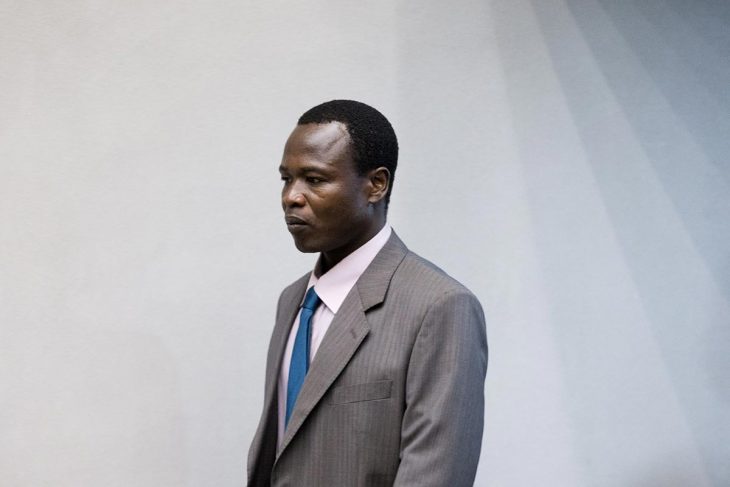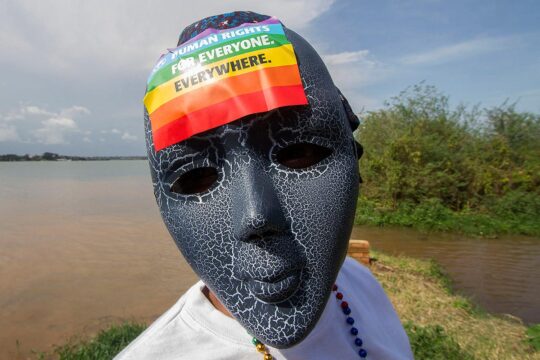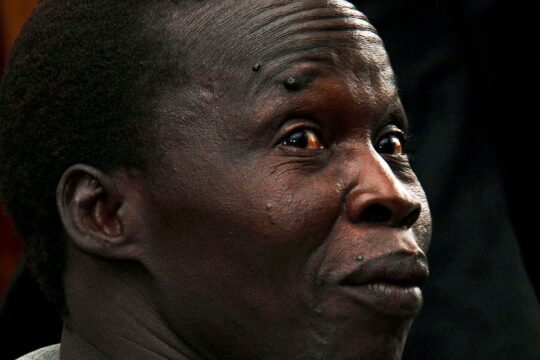To listen to the podcast, click on the "play" button below:
The trial of Dominic Ongwen, a former commander in the Ugandan Lord’s Resistance Army (LRA) rebel group headed by Joseph Kony is entering its final phases. The lawyers for prosecution and defence will be making their closing arguments to the judges. After this, all that’s left is judgment and anything that goes with it like a sentence or an appeal. Ongwen is charged by the ICC with 70 counts of crimes against humanity and war crimes committed in northern Uganda. He’s a rare accused: former child soldier himself, abducted aged 13 or 14, who rose through the ranks of the rebel group to become one of its top leaders. This is also the first case in the situation of Uganda to be tried before the court.
We spoke to Sharon Nakandha, a transitional justice expert, who has been working with communities in northern Uganda to explain the trial process and hear what they are expecting as reparations.
If you’d like more background, Tom Maliti wrote a great summary of the prosecution closing statements here. And there’s a bigger briefing paper from Open Society Justice Initiative.
Or further back, here’s a piece from Stephanie on how the prosecution has made its arguments and one from Janet looking ahead to the defence case. Or this great article from Thijs Bouwknegt placing Ongwen in the Ugandan conflict context.
 ASYMMETRICAL HAIRCUTS
ASYMMETRICAL HAIRCUTS
This podcast has been published as part of a partnership between JusticeInfo.net and Asymmetrical Haircuts, a podcast on international justice produced from The Hague by journalists Janet Anderson and Stephanie van den Berg, who retain full control and independence over the contents of the podcast.



